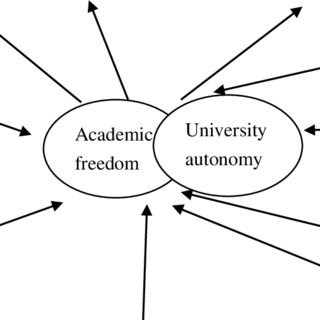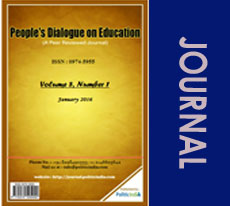Higher Education in Bihar at A Crossroads
- Post By PoliticIndia.com on
- 26/Aug/2024

Photograph: courtsey Edit page, TOI, March 22, 2021
Khagendra Kumar
The state of higher education in Bihar is at a crossroads. Recent efforts to transform public universities into government institutions, stripping them of their autonomy, are a grave threat to the future of intellectual growth and progress in the state.
The increasing encroachment of state bureaucracy into university affairs, ostensibly to instil 'academic and financial discipline', is a misguided approach that will only serve to cripple these institutions. Universities are not government departments; they are bastions of knowledge creation, critical thinking, and innovation. They thrive on the freedom to make decisions through their academic councils, syndicates, and senates, statutory committees composed of academicians, experts, elected representatives etc.
The current situation, where university administrations are bogged down with replying to endless letters and calls from the secretariat, is unsustainable. The Department of Education's inefficiency and unresponsiveness are well-documented. Universities are blamed for the government's own failures, such as the delayed reimbursement of fees for girls' education, delayed salary payments of teachers and employees, delayed grants for payment of guest faculties working against vacant post of regular teachers etc.
The bureaucratic interference extends to even the most basic functions of the university, such as pay fixation and promotions. The pay verification cell of the Department of Education routinely alters the decisions made by the statutory bodies of the university, a clear overreach of its mandate.
The long-standing vacancies in key positions like professors and associate professors, coupled with the bureaucracy's attempts to directly control university finances, paint a bleak picture. The nefarious design is clear: to reduce universities to mere government departments, stripping away the privileges and autonomy that attract and retain talented faculty and staff.
The Department of Education's notion that bureaucracy is necessary to instil discipline in universities is fundamentally flawed. The bureaucratic model, with its top-down power structure and unquestioning obedience, is incompatible with the vibrant, intellectual environment of a university. Teachers are the heart of any university, responsible for nurturing young minds, fostering critical thinking, and pushing the boundaries of knowledge. They command respect not due to power, but due to their pivotal role in shaping the future. As NEP 2020 rightly emphasizes, the high status of the teaching profession must be restored. Only then can we attract the best and brightest minds to this noble calling, ensuring the best possible future for our students and our nation. Universities are built and sustained by the dedication and expertise of teachers and academicians, not by bureaucratic oversight.
The Way Forward
The Bihar government must recognize that a thriving higher education system is vital for the state's development. Universities must be given the autonomy to function effectively, free from bureaucratic interference. They must be empowered to make decisions about their academic programs, faculty appointments, and financial management.
Accountability and autonomy go hand in hand. A university that is free to make its own decisions is also accountable for its successes and failures. The state government's role should be to provide adequate funding and support, not to micromanage every aspect of university operations.
A Call to Action
Bihar government should reconsider its approach to higher education. Keep bureaucracy away from universities; they need to be subservient to these institutions, not the other way around. Give universities the power to function well without any interference at all levels.
The future of Bihar depends on a vibrant and autonomous higher education system. Let's not allow bureaucratic overreach to stifle the intellectual potential of the state.





